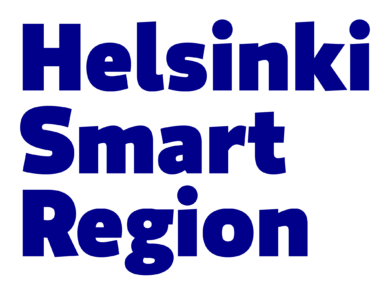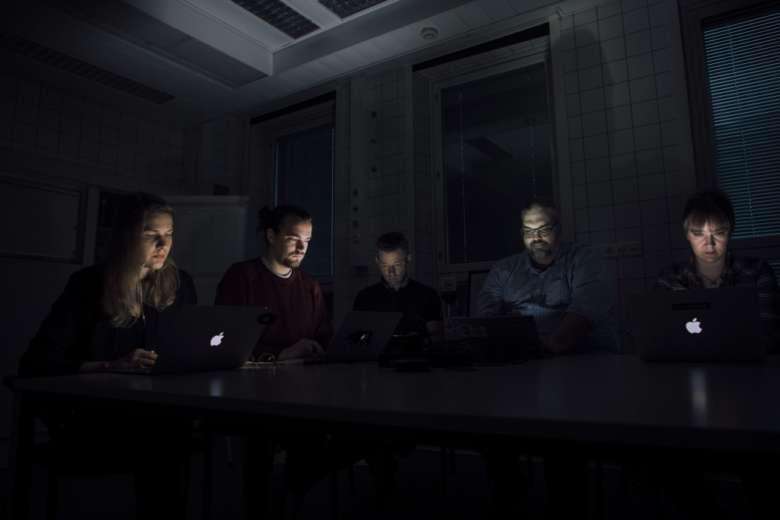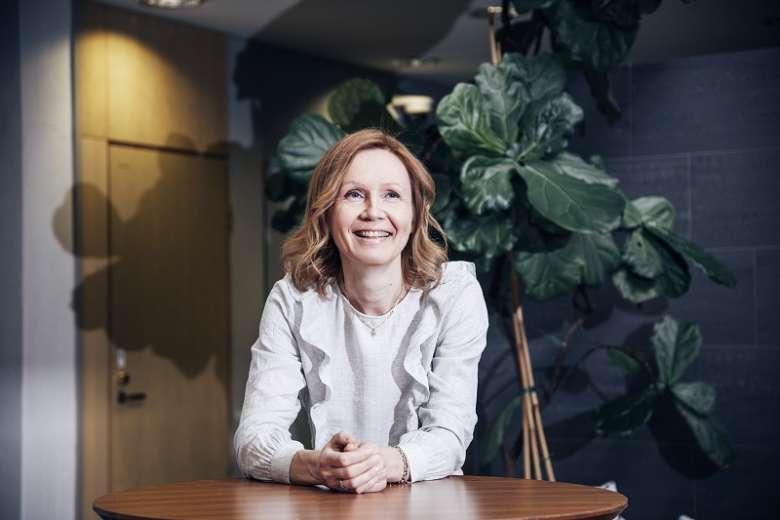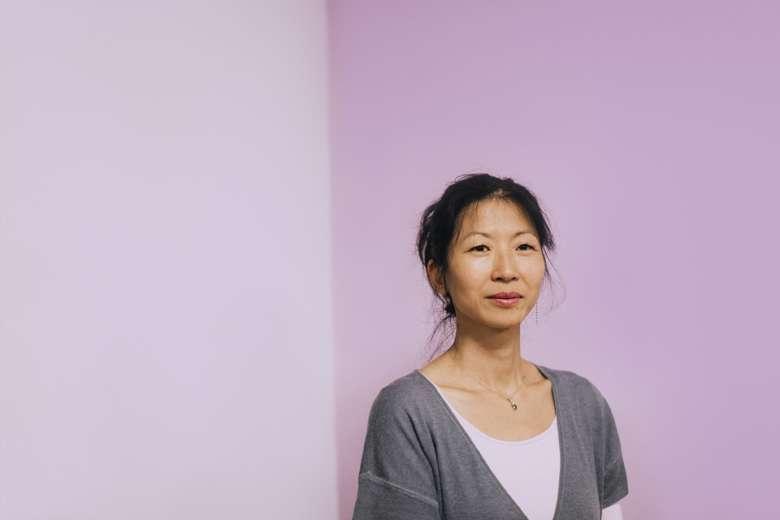Cases

Industrial modernisation
Vision Factory brings design thinking into business development
Published:
Back in the 20th century, people got tired of slow travel. They asked for faster horses, but automobile manufacturer Henry Ford figured they just needed good cars. Co-creation consultant and business coach Krista Keränen loves this example, because it illustrates perfectly what drives her in terms of business development: identifying clients’ hidden needs.
Keränen got her Ph.D. in co-creation, service design, and service innovation from the University of Cambridge in 2015. For her dissertation, she studied three Finnish business to business organisations as well as their customers, and came up with a three-phase co-creation model. Its aim is to help companies develop their business in a more customer-oriented way.
Shortly after Cambridge, Keränen resigned from her position as Director of entrepreneurship, innovation and global business at Laurea University of Applied Sciences. In 2017, she put all her energy into her company Vision Factory. That energy goes into helping companies realize when their clients aren’t after faster horses, but something else entirely.
Design thinking is about participation
To some, design thinking is one of those buzzwords that float in an endless pool of business jargon. To Keränen, it’s the core concept of a thriving organisation. The design thinking process consists of tackling problems and solutions in a collaborative and creative way, she explains.
“Co-creation is a part of the design thinking approach. It’s about including your end-users and customers in every phase of the strategic development of new products and services.”
Many organisations declare proudly that they’re consumer-oriented. But once you plunge deeper into their operations, you will see that they think of customers mainly as reactive information providers, Keränen says.
“That’s the farthest thing from participation. The usual surveys and interviews companies lean on do involve the end-users, but do little to actually help the company truly understand their customers’ most important needs,” she continues.
Successful co-creation requires excellent analysing skills
The key to understanding customers’ hidden needs is the comprehensive co-creation process that Keränen introduces in her dissertation.
First, there’s determining what needs to be developed, how, and with whom. Second, there’s creating value together with the client by, for example, organizing workshops and coming up with fresh concepts with the help of gamification and storytelling. The third and final phase consists of formalizing and communicating results. It’s a crucial part of the co-creation process, yet it’s still often ignored, Keränen says.
“Co-creation produces qualitative information that benefits decision making. If you don’t plan on using that data and just leave your post-its on the workshop wall, co-creation can easily turn into co-destruction.”
Letting go of the expert mindset
At the heart of co-creation is the notion that some of the most valuable input comes from the client instead of the service provider. Admitting this might put an organisation’s ideas about expertise to test. Those in charge of business development can guard their expert mindsets very fiercely, Keränen says.
“Since they’re in a leading position and have received the proper education, executives often think they have all the necessary information to run the operation. Executives don’t see clients as resources and are hesitant about turning to them for insight.”
Why? Because executives might fear that if they ask outsiders’ opinions, it gives the impression that they as leaders don’t know enough. However, sometimes the clients themselves have no idea, either. That’s why you have to put your heads together to discover latent needs, Krista Keränen says.
Letting go of one’s expert mentality a bit will not kill the concept of expertise. Instead, it might be the beginning of something great.
Image credit Vilja Pursiainen.
For further information, please contact:
Krista Keränen
Founder
+358 46 856 7483
info@visionfactory.fi
For further information, please contact:
Krista Keränen
Founder
+358 46 856 7483
info@visionfactory.fi










 Return to listing
Return to listing